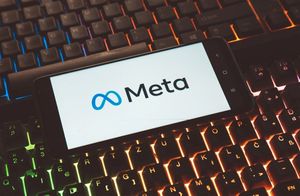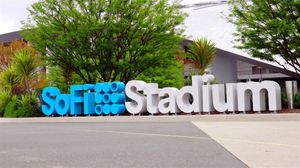The use of bamboo in textiles has attracted attention as a sustainable alternative to traditional fabrics. Derived from the bamboo plant, this natural fiber offers several benefits, including being environmentally friendly and versatile. However, despite their potential, bamboo textiles also present some challenges that need to be addressed.
Bamboo is known for its rapid growth and regenerative properties, making it a highly sustainable raw material for textiles. Unlike traditional cotton, which requires large amounts of water and pesticides, bamboo thrives without irrigation or chemical inputs. This makes bamboo textiles a more environmentally friendly option, reducing the overall carbon footprint of the textile industry.
Additionally, bamboo fiber is prized for its natural antibacterial and moisture-wicking properties, making it ideal for activewear and other functional apparel. It’s also very soft and comfortable, often compared to luxurious silk or cashmere. Therefore, the demand for bamboo textiles is increasing and more and more clothing brands are incorporating bamboo fiber fabrics into their product ranges.
However, despite bamboo’s many advantages, its use in textiles also presents certain challenges. One of the main issues is the chemical processing involved in converting bamboo into usable fiber. While bamboo itself is a sustainable resource, the manufacturing process of bamboo textiles often involves the use of harsh chemicals such as sodium hydroxide and carbon disulfide, which can have adverse effects on the environment and associated workers. Efforts are underway to develop more environmentally friendly bamboo processing methods, such as using organic solvents and closed-loop systems to minimize chemical waste.
Another issue that has been raised is the lack of transparency in the bamboo textile supply chain. While bamboo is promoted as a sustainable and ethical clothing option, there have been reports of environmental degradation and labor rights violations on some bamboo plantations and manufacturing plants. This calls for greater transparency and accountability in the bamboo textile industry to ensure ethical and environmental standards are adhered to throughout the production process.
Despite these challenges, there is no denying that bamboo textiles have the potential to revolutionize the fashion industry as a sustainable alternative to traditional fabrics. Through continued research and development, it may be possible to solve the environmental and social issues associated with bamboo textile production, making it a truly sustainable option for future fashion.
In summary, bamboo textiles offer a sustainable and versatile alternative to traditional fabrics, and their unique properties make them ideal for a range of apparel applications. However, the industry must address challenges related to chemical processing and supply chain transparency to realize bamboo’s full potential as a sustainable textile source. With the right practices and standards, bamboo textiles have the opportunity to have a significant positive impact on the fashion industry and the environment.
Media Contact
Company Name: ShaoXing Starke Textile Co., Ltd.
Email: Send Email
Phone: 0086-17867857231
Country: China
Website: https://www.starketex.com/





